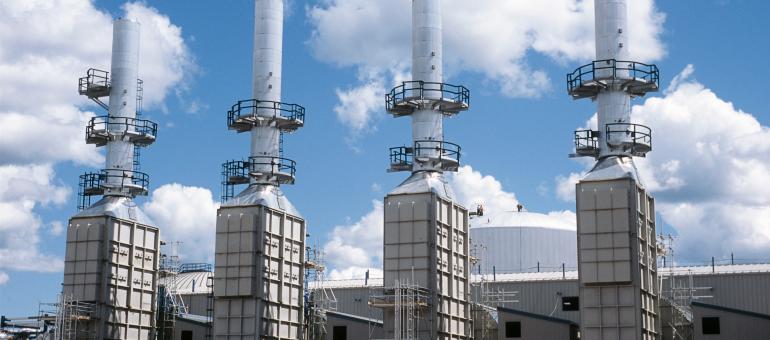What is Heavy Oil? A Look at How Refineries Can Overcome Mixing Challenges

As oil refineries process increasingly challenging feedstocks like heavy oils, effective process and water treatment becomes even more critical. Refineries often struggle with blending different types of heavy crude oils that do not mix well, leading to separation issues and reduced yields.
Heavy oil, characterized by its high density and viscosity, contains higher levels of impurities like waxes, suspended solids, and heavy metals compared to lighter crude oils. These contaminants can lead to various refining process challenges and impact the refinery’s water systems.
Our customers’ demand for heavy oil has been rising due to the depletion of lighter crude reserves and advancements in extraction technologies. Heavy oil now accounts for approximately 40% of the world’s total oil reserves, but processing it presents a unique set of challenges for refineries, particularly with water management and treatment.
We have seen that higher impurities in heavy oil can also lead to adverse downstream effects such as fouling, plugging, and corrosion of equipment in the processing units and water systems, and can also cause significant issues with wastewater treatment plants.
To overcome these challenges, Veolia | Water Tech has partnered with refineries to employ advanced solutions for managing crude oil blends, mitigating the impacts of heavy oil throughout the refining process, and ensuring efficient water management and treatment. We offer a range of analytical tools and chemical treatments to help refineries optimize their heavy oil processing while minimizing the associated risks to their water systems and the environment.
Managing crude oil blends
Fouling, corrosion, and plugging are three significant challenges that can impact refinery operations when processing heavy oil due to the higher levels of impurities and incompatibilities between blends.
Fouling occurs when contaminants accumulate on heat exchangers, pipes, and other equipment surfaces, reducing heat transfer efficiency and restricting flow. This can lead to reduced production capacity, increased energy consumption, and higher operating costs. In fact, fouling is estimated to lead to 10% of production loss at oil refineries. If fouling is significant or takes place in narrow sections of piping, it can lead to plugging and force unplanned maintenance and shutdowns. The implications of plugging for downtime and production losses can be extremely costly.
Corrosion, another consequence of processing heavy oil, can deteriorate equipment, resulting in leaks, reduced performance, and potential safety hazards. Corrosion can occur due to acidic compounds, such as naphthenic acids, which are more prevalent in heavy oils. This can result in unplanned shutdowns, increased maintenance requirements, and reduced equipment lifespan.
impurities contained in heavy oils and the incompatibility they may demonstrate can lead to difficulties in separating the contaminants and the water from the oil throughout the process. The desalter’s purpose is to extract desalted oil from the top, and a mix known as brine, made up of water and salts, from the bottom. Brine is sent to the wastewater plant for treatment, but the presence of oil due to the processing difficulties of heavy oils can make wastewater treatment very challenging. This can lead to discharge limit exceedances and environmental hazards.
The consequences of these challenges extend beyond the immediate operational issues. Unplanned shutdowns and reduced production capacity can lead to decreased profitability and lost revenue. Increased maintenance requirements and equipment replacements due to corrosion and fouling can significantly increase operating costs. Furthermore, the environmental impact of heavy oil processing can be substantial, with increased emissions and waste generation resulting from the higher levels of impurities.
Refineries must implement comprehensive strategies for managing heavy oil impurities throughout the refining process to mitigate these impacts. Optimizing process conditions, utilizing advanced catalysts and additives, and implementing effective water management and treatment systems help improve operational efficiency, reduce costs, and minimize the environmental impact of heavy oil processing.
Veolia’s proven expertise
Veolia’s comprehensive approach to addressing the challenges of heavy oil processing showcases our deep expertise in process and water treatment and management for the refining industry. By combining advanced analytical tools, innovative chemical solutions, and a thorough understanding of the impacts of heavy oil on refinery operations, our experts are well-equipped to help optimize your processes and mitigate the risks associated with processing heavy crude oils.
Let us work together to develop a customized solution that addresses your specific needs and helps you maximize the value of your heavy oil operations while minimizing the associated risks. Contact Veolia today to take the first step toward a more efficient, sustainable, and profitable refining future.




